CIAT and the Sustainable Development Goals (SDGs)
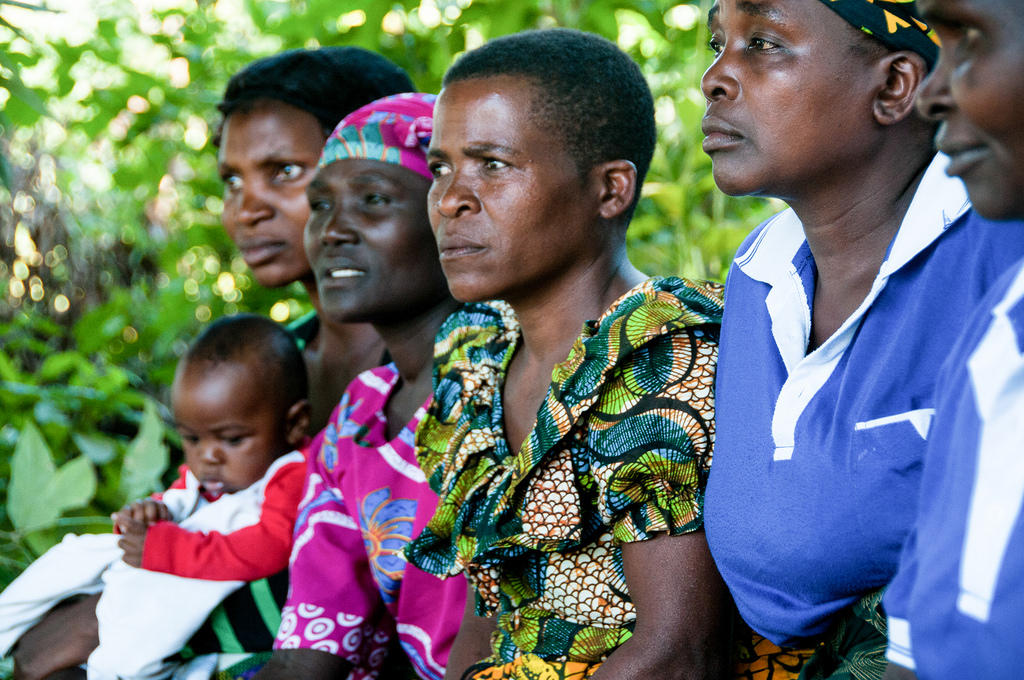
Our work, from an SDG perspective
CIAT (International Center for Tropical Agriculture) works to advance each of the 17 Sustainable Development Goals (SDGs). The new objectives build on the Millennium Development Goals, and define a new era of sustainable development that hopes to see tremendous progress made for the environment, as well as the social and economic welfare of all people. While CIAT’s Strategy is in many ways connected to all 17 goals, seven are particularly central to CIAT’s mission.
Click on the graph below to find out more about specific activities that contribute to the 7 SDGs highlighted, or scroll down to get an overview of our contribution.
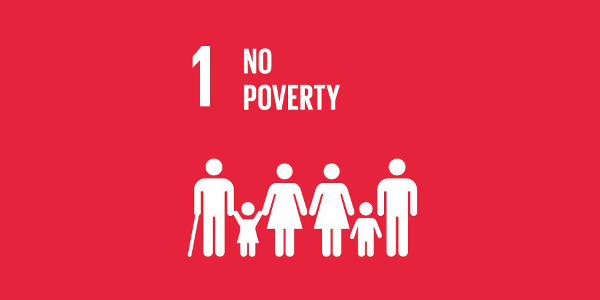
In most developing countries the agriculture sector is the single largest employer, promoting smallholder agriculture is integral to ending poverty. We work to lift smallholder farmers out of poverty, whether through our LivestockPlus initiative, which looks to boost milk and meat production, our work on crop and agricultural practices improvement, or policy research that promotes inclusive rural income growth. To ensure such advancements leave no one behind, we work to achieve equality between men and women.

CIAT makes affordable, high-quality food more easily available by enhancing agricultural productivity as well as by boosting the nutritional quality of staple crops. For example, our scientists are increasing the iron content of beans and preparing them for an ever warming climate, calling on important crop diversity held in trust at CIAT’s genebank. Taking an integrated approach, CIAT’s Sustainable Food Systems initiative enables countries across the tropics to provide consumers with easy access to healthy food.

At heart of healthy lives is good food. CIAT is working to make sure that health and well-being in all its forms are promoted for all people whether it is through the development of biofortified staple foods which boost levels of iron, zinc, and carotenoids – nutrients often lacking in low-income households – or through cutting-edge techniques to analyze how much of a crop’s micronutrient content is retained from harvest to food preparation, according to different recipes from various countries.
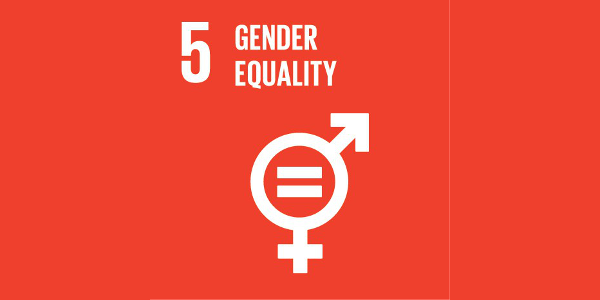
Agriculture is under-performing because of women’s unequal access to land, fertilizer, technology, extension and credit. These unequal relations often make women and marginalized groups more vulnerable to the effects of poverty, land degradation, and climate change. CIAT is committed to reducing gender inequalities through strategic gender research, especially in terms of access to resources and information, with the aim of empowering poor men and women.
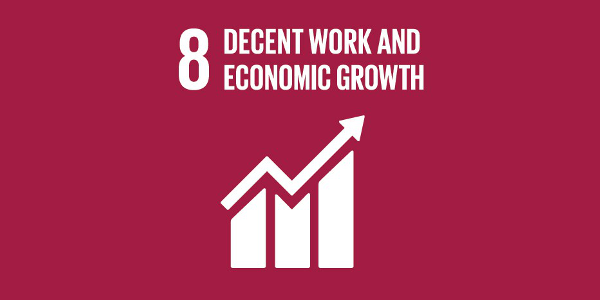
As the world urbanizes, agricultural value chains are becoming more complex, providing new opportunities for economic growth, but also presenting the risk that smallscale producers and processors will be left behind. At CIAT, experts are working to make smallholder agriculture more market-oriented and competitive by developing tools and knowledge to strengthen value chains, while also working with the private sector to promote inclusive business models.
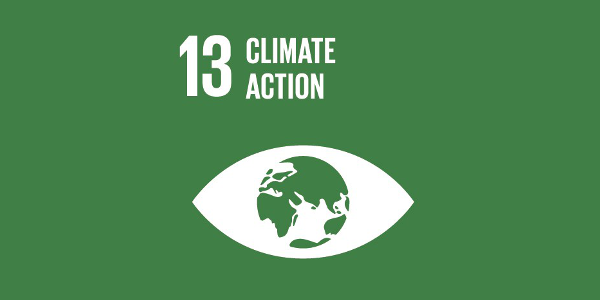
Climate change is arguably the biggest threat facing humanity. With a historic agreement concluded at COP21 in Paris, international cooperation will focus on preventing, adapting to, and mitigating the effects of this major global issue. Through the CGIAR Research Program on Climate Change, Agriculture, and Food Security (CCAFS), CIAT contributes data and methods which help countries climate-proof their agricultural sector.
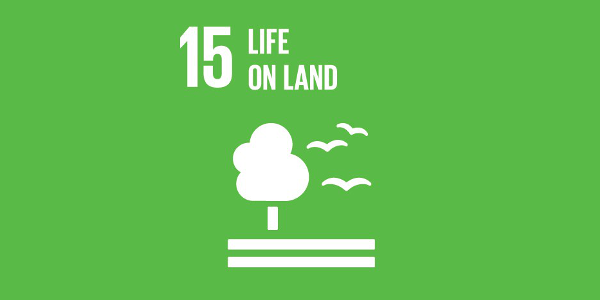
Terrestrial ecosystems are more important than ever to meet the world’s food needs. That’s why CIAT works to improve soil management from farm plots to whole landscapes to ensure that ecosystem services provide the benefits that are essential for sustainable development. CIAT is also investing in a new global hub for crop diversity to better conserve more than 66,000 unique bean, tropical forage and cassava materials currently preserved in its genebank and make them available to the world.
